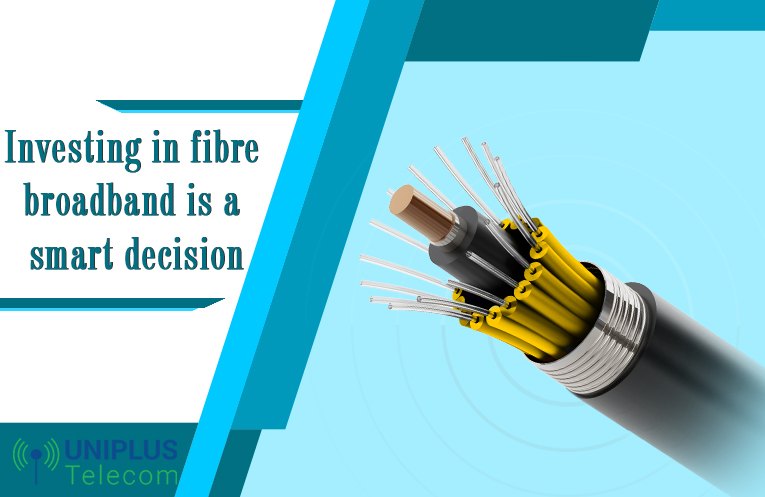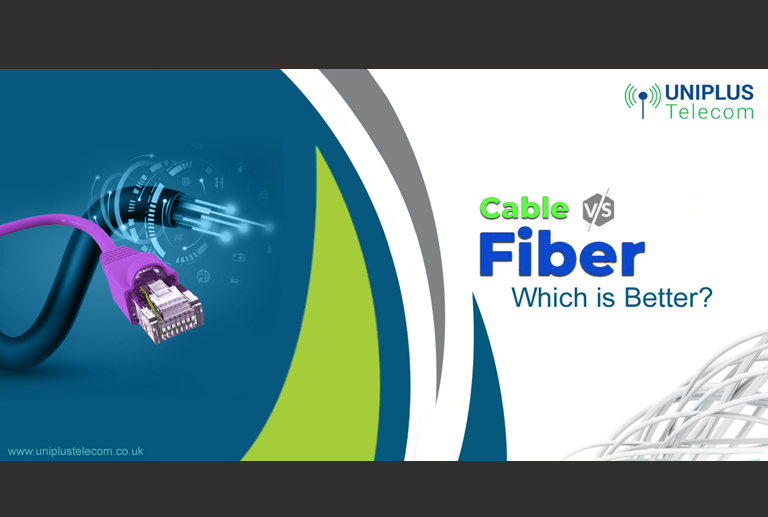In the recent years, fibre broadband connection has become the ultimate standard of fast and high-quality data transfer for businesses. Hence, more and more businesses are choosing this system over the traditional options available, but it, being relatively new, owners are still feeling a little hesitant to invest. If you are one of those business owners who is contemplating about installing high quality fibre broadband, but are not sure whether it will better than the existing copper cable or not, then gathering more information on the topic will help to decide. Exploring the concept – To explore the topic better and understand the difference between fibre and copper cable broadband, creating a comparison list between the two will be the smart thing to do. This way, you will have the differences right in front, for better understanding and better decision making. Concentrating on certain points while exploring the difference between fibre and copper cable broadband will make things easier to understand and implement. The points you needed to be explored are: Bandwidth: The copper cable broadband structure based on TDM technology was initially designed to transmit voice calls, hence its bandwidth potential is quite limited, such as T-1 can carry only 1.5 Mbps of throughput. Additionally, due to the nature of electrical signalling, copper cable-based connections get limited by distance. EoC or Ethernet over copper service is not effective if the circuit is longer than 15,000 feet. If you are thinking about transitioning to VoIP or Voice Over IP, then going for the high quality fibre broadband will be a smart decision. Upload and download speed: With fibre-based broadband connection you will be able to enjoy faster upload and download speed which helps the business process considerably. The copper cable connection cannot compete with this speed. Distance: The signal of copper cable broadband degrades with distance from the CO or central office, affecting the speed and connection. Fibre broadband does not have any such limitations. Security: In this age of high-end technology, copper cable broadband cannot provide optimum security, whereas, fibre broadband offers both cost-effective and secure internet connection for your business. Reliability: A system reliant on copper cable can get disrupted due to various reasons including natural disasters, temperature fluctuations, interference of radio and electronic signals, moisture and so on. On the other hand, fibre connection does not get affected unless the cables are cut and hence more reliable. After considering these points, the decision of choosing high quality fibre broadband instead of copper cable will seem more beneficial and make more sense.

Why Should You Choose High Quality Fibre Broadband Instead of Copper Cable?
- by : Rachel Green
- Category : High Quality Fibre Broadband,
11
Sep


